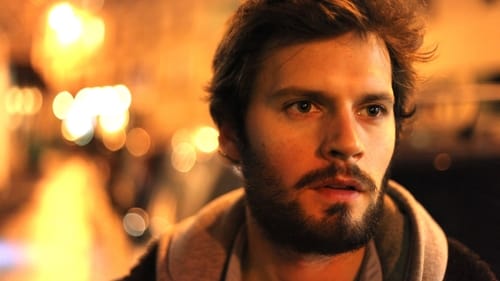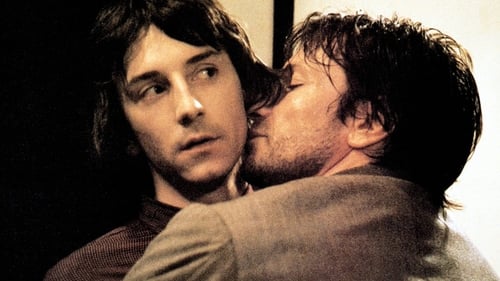
From this "inexorable disease", Hervé Guibert did not recover. The miracle he had so much hoped for did not happen. But, before his death in 1991, three years after learning of his HIV-positive status, he engraved in his literary and photographic work "the places of [his] suffering", "the stations of [his] way of the cross". With his thin body and sunken cheeks, the handsome man with curly hair that he was, the one whose clear gaze radiated from the seaside photos, fought a fierce battle against AIDS. A fight of every moment against the decay of the body, observed and commented with a methodical care in his autobiographical novels, in particular "To the Friend Who Did Not Save My Life" (1990) and "The Compassionate Protocol" (1991), and of which he testified on television on the set of "Apostrophes"...

Original Story
Using all the words he can find, a man tries to get a stranger to stay around—a stranger he approached on a street corner, one night when he was alone. He tells him about his world. A suburb where it rains, where everyone is a stranger, where no one works anymore; a nocturnal world that he is passing through, to flee, without looking back; he tells him about everything and about love, things one never talks about, except to a stranger like this one, a child perhaps, silent and motionless.

Boy at the Train Station
Начало 80-х, типичная мелкобуржуазная семья: мама с папой и брат с сестрой. Фильм начинает с того, как сестра собирается в поездку, все ужасно торопятся пообедать, что бы потом ужасно торопиться на поезд, бестолково толкаться на перроне и все для того что бы понять, что времени до отправки еще очень много и теперь можно спокойно сесть и снова начать есть в зале ожидания…


